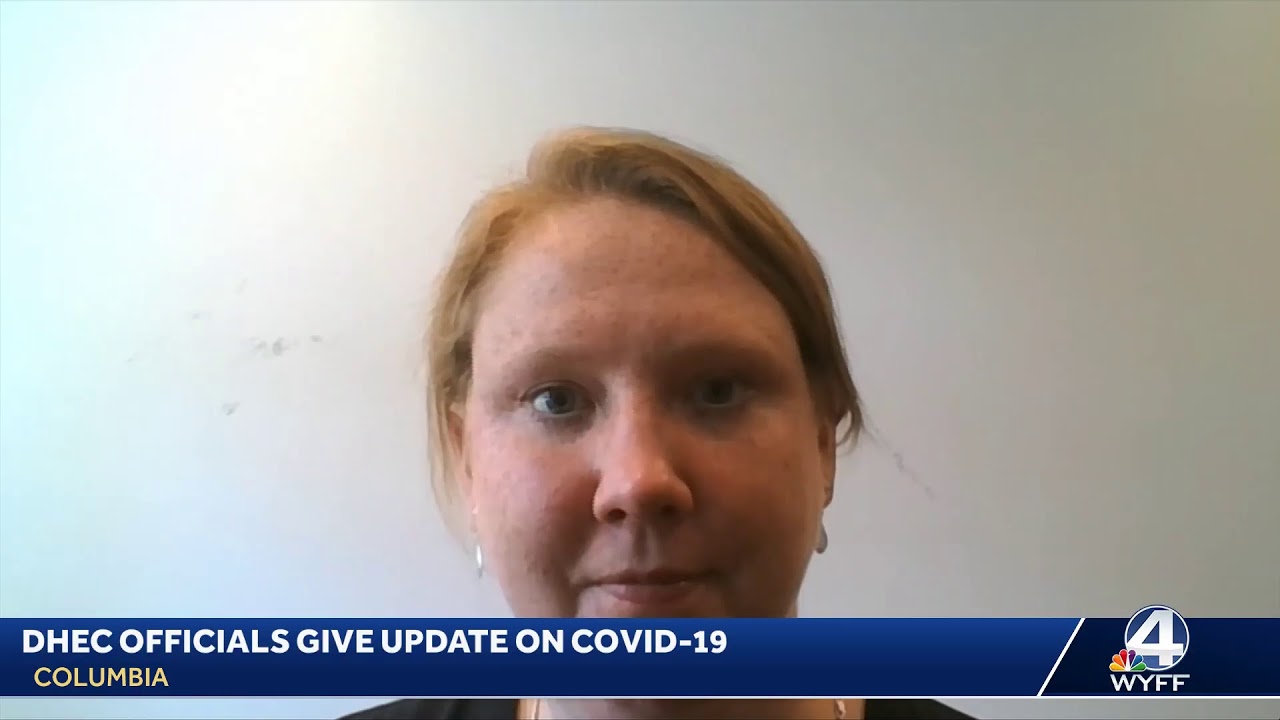By Brett Smith, Northwestern Mutual
It’s a day most business owners both dream about and dread: retirement. To get to this major milestone, you’ve put in long hours, sacrificed time with family and friends along the way. You’ve dealt with customers who don’t pay and vendors who don’t deliver. Transitioning out of the business and into the next exciting phase of your life should be the easy part, right? Not always.
When the deal closes, the biggest financial event of your life will happen in this one meeting. But will you be able to fulfill your dream of a satisfying, financially secure future when this happens? You’ll either have all the money from the sale (if your deal is all-cash), a good chunk of it with more to come (hopefully) or a down payment on the value of the business along with the promise of a stream of payments to come over time (usually the case in a sale to family members or select employees).
Why wealth must be managed
If you’re like many business owners, you’re probably in one of two camps about what comes next: (1) you’ll want to prepare in advance, learning as much as possible about how to manage the cash you’ll be receiving; or (2) you’ll deal with the issue when the cash actually comes. Either way, the choices you make about your business proceeds will have a profound impact on your life in retirement. That’s why the watchword is “take your time” before moving forward.
Your business may represent your largest asset and the foundation for the money you will need in retirement. These taxable assets, along with whatever you’ve set aside in your qualified retirement plan and/or individual retirement account(s), will need to generate sufficient income to last 20 to 40 years once you stop working. How will you ensure your money goes the distance?
A comprehensive transition plan can also provide a timetable and strategies that may help you reduce the tax liability on the transferring of assets on the sale of your business. It can help make sure your income needs are met in the future by taking advantage of opportunities such as setting up a pension plan or other type of a retirement compensation agreement prior to the sale of the business – a move that may assist in reducing the corporate taxes and deferring personal taxes. It may also highlight opportunities to prepay future expenses, thus possibly reducing the amount of after-tax income you may need in retirement. Examples include paid-up life insurance and a special trust to pay for uninsured medical expenses incurred after retirement.
Take stock of your financial situation
Consider working with a business-transition expert who has the resources to answer more than just the investment management aspect of your wealth. Retirement income distribution planning, estate planning, family gifting and legacy, charitable planning, and medical and long-term-care planning are all areas that should be integrated into your overall plan. Together, they may pay major dividends in terms of financial security for you and your family for years to come.
A business transition plan should be holistic in scope, helping you to answer crucial planning questions, such as:
-
- • What do you want to achieve with the proceeds from the sale?
-
- • How much will you spend each year in retirement?
-
- • What’s the best way to invest the money?
-
- • Are there gaps in your insurance coverage or estate plan?
Brett Smith is a wealth management advisor with Northwestern Mutual. To contact Brett Smith, please call 864-679-3848, e-mail; brett.g.smith@nm.com or visit www.upstatelegacyplanning.com.
The post Balance your business and retirement goals with a holistic approach to transition appeared first on UPSTATE BUSINESS JOURNAL.










